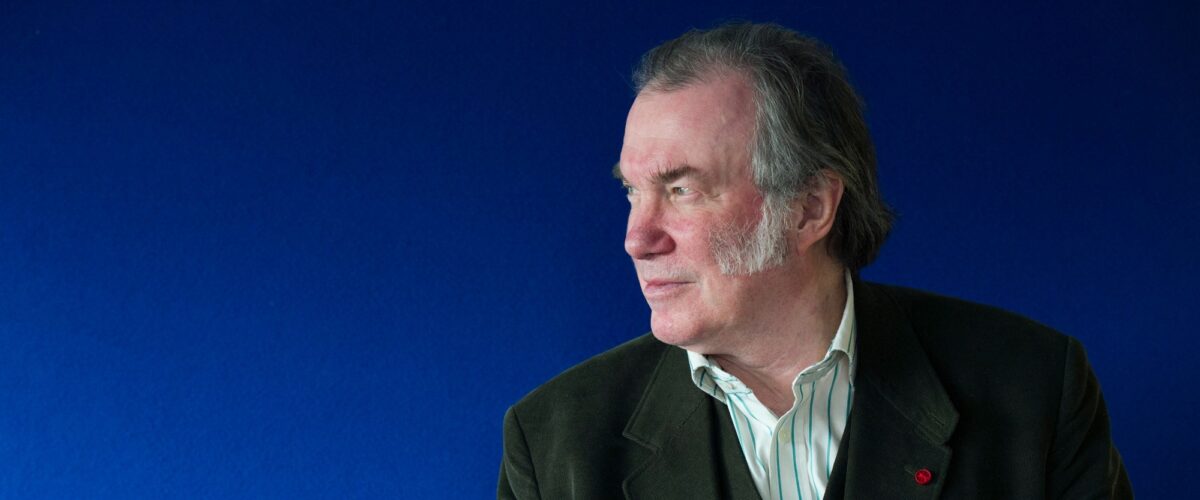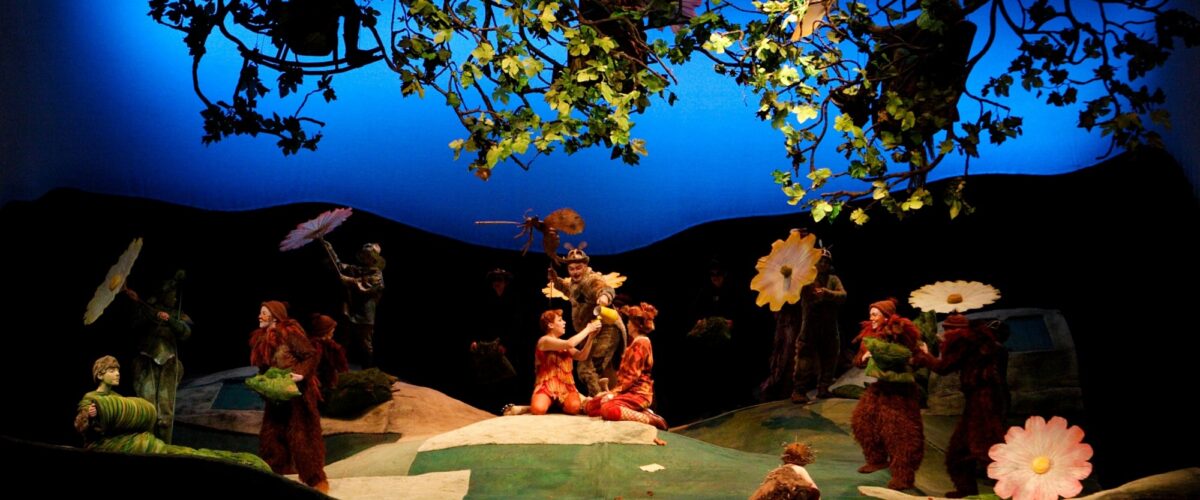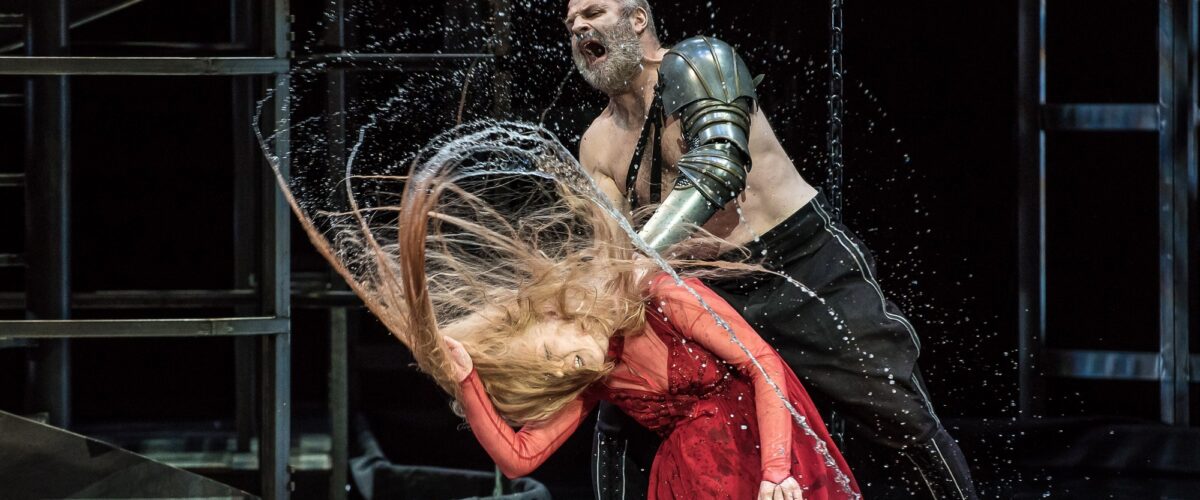TRANSCRIPT
Scofield: There’s no doubt you are a very passionate advocate for opera. In fact, the website of your company WNO proudly proclaims its mission is “to transform lives through opera”. How exactly do you do that?
Pountney: Well, I think you have to delete the word “exactly”, because of course part of the point of what we’re going to talk about, in the nature of opera, is that music has the function, if you like, of illustrating the things that we can’t really talk about. It inhabits a world that exists somewhere between you and me, and we can discuss lots of concrete material things between us, but there will remain a mystery somewhere here in between every human being, and music enters that area of mystery, and illustrates and expresses it in terms which we can’t do with words. It’s one of the reasons why it’s incredibly difficult to write about music, to write words about music, because music is essentially a very self-contained thing. Possibly music has no meaning outside music, which sometimes people find an offensive thing to say, because obviously music means a lot to people.
Scofield: But what’s the point?
Pountney: But what is it actually saying? And the thing is, it’s saying something different and individual.
Scofield: Yes, a beautiful thought. You have been known for saying that an opera director needs to be bold but sensible. How do you manage to do both?
Pountney: I think you can’t interpret something unless you’re prepared to get your hands dirty. If you stand in awe of Mozart, or Wagner, or Debussy for that matter, and think “this is so wonderful, so precious, something so beautiful, I can’t touch it”. Then you are, in fact, incapable of interpreting it.
I suppose an element of boldness is actually daring to go up to Debussy, and say, “Hello Mr. Debussy, I’m going to treat you like this today, because that’s what I feel is right.” Many people think that’s a kind of effrontery, but if you don’t have this effrontery, you can’t be an interpreter. And that is my job.
Scofield: But each generation interprets the music and the production in a new way.
Pountney: And that’s another reason to be bold actually, because it’s not like going up to a statue and hacking its nose off. The nose will still be on the statue tomorrow, and somebody else can interpret it in a different way. That’s a consoling thought. We’re not destroying anything permanently.
Scofield: That’s the beauty of our performing arts. They are recreated every night in a different way.
Pountney: And it’s also a reason why the live performance is very important, because valuable though recordings, DVDs, streamings, and all the various technical ways we have of enjoying music and images and so on, it is fundamentally a live art form and needs to be experienced for that tonight and tonight only effect, which is what a performance is.
Scofield: But now you’re talking about the artistic part in the call to be bold, but not the sensible parts. So can I assume you need to be bold artistically, but perhaps sensible financially?
Pountney: Yes, although I mean it’s an interesting question. To what extent but artistic boldness generates financial support? The way that the Hong Kong Arts Festival is thinking at the moment, did Janáček last year, doing Debussy this year, programming Pelléas et Mélisande, of course it’s a great masterpiece, it’s not a particularly bold choice, but it’s not an everyday box office seller.
Scofield: It’s pretty bold.
Pountney: But if we hadn’t made that bold decision, we wouldn’t be here in Hong Kong. If we’d just done yet another La bohème or La Traviata, then I don’t think that Hong Kong Arts Festival needs to bring someone from several thousand miles away to do that, to present something like Pelléas et Mélisande. So, I think that also applies to a lot of the very important and generous people who give money to artistic ventures. If you go to them and say, this is a really exciting bold plan, this is doing something which has not been done for a long time, or has never been done, or is new in some very special way, then people get excited, and people will put their money behind it. So, lack of artistic boldness is not necessarily the same thing as financial sense. Like anything else, all these things have to be held in in some kind of balance, and I guess that’s where the sensible bit comes in.
Read more about Sir David Pountney on their OFFICIAL WEBSITE.




